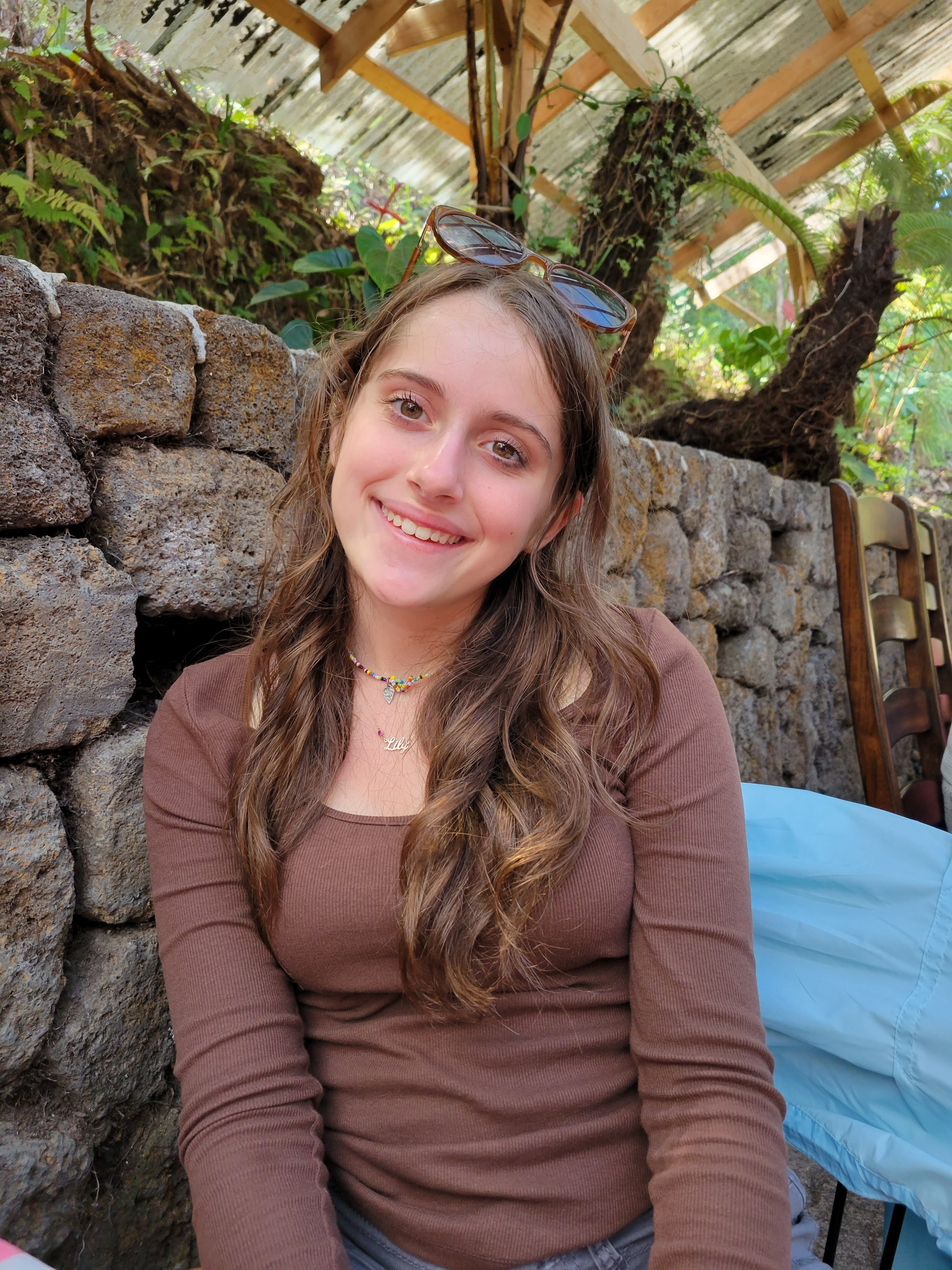Cobb student: Censoring our reading lists does not protect us. It stunts us

Lily Mosbacher is an 11th grade student at Pope High School in Cobb County. In a guest column, Mosbacher says the state’s divisive concepts law and several others are having a chilling and damaging impact on the classroom in Cobb.
Mosbacher is interested in pursuing journalism when she graduates in 2025. Outside of school, her passions include activism, reading and dance. She is a member of the Academy Dance Company at the British Academy of Performing Arts.
By Lily Mosbacher
High school aims to provide a space where teenage minds can flourish and grow. With the help of teachers and access to resources, especially literature with diverse perspectives, this objective is attainable. Around the country, a disconcerting trend has taken root in our educational institutions — the banning of those diverse perspectives.
As an observant and concerned 11th grader, I find myself repeatedly noticing my teachers fall victim to restrictions on their classroom resources, discussions and literature. In most instances, these acts of censorship are glazed over and the details are never fully disclosed to the students or general public. These kinds of opaque actions suppress students’ voices and abilities to form their own opinions on current issues.

From the day a child enters an educational environment, the No. 1 goal is that they become literate. First, they learn to read sight words, then they graduate to picture books and next chapter books. That progression continues into adulthood.
I, too, found myself enriched by the books I read on my path to literacy. In middle school, I read an impactful book by Spelman graduate Nic Stone called “Dear Martin.” It is about a high school-aged African American boy named Justyce who is inspired by and looks up to the Rev. Martin Luther King Jr. Justyce mourns the loss of his friend Manny, who died in a fatal shooting. The shooting, fueled by racist perspectives, starts with the simple act of playing loud music. The controversy drives Justyce to an internal reckoning about racial injustice and what it means to be an African American teenager in America.
For me as a young white teen, this novel allowed me to gain perspective on how race impacts my peers in society, especially those who live in dramatically different worlds from my own. In today’s world of academic restraints, this book might be banned, or removed from the very classroom bookshelves where I found my copy.
After the divisive concepts bill and several others addressing related issues passed in Georgia’s 2022 legislative session, acts of intellectual suppression became legal in Georgia. This contentious and controversial legislation sought to limit the teaching of specific concepts related to race, gender and social issues in an educational setting. By doing so, the state Legislature is infringing upon students’ ability to have open and critical discussions on essential matters. The passage of these bills marked a turning point in the national debate on academic freedom and political influence in the classroom.
In just the first month of school, I have had three personal experiences with these strict regulations. In my AP Seminar classroom, my teacher altered our lesson plans to conform to the new restrictive law in order to “keep his job.” This frustrates me because it tampers with our ability to explore ideas and engage in meaningful and relevant discussions with our peers, the very mission of the AP Seminar course. The only way that we can learn to understand opposing views is if we are able to hear them. Shielding us from these debates is unintelligent and senseless.
Similarly, in my AP English Language and Composition class, my teacher was forced to replace books on our reading list for fear of recommending texts that might be deemed controversial or that have been banned. This limits our exposure to diverse perspectives and stunts our intellectual growth.
In another disheartening act of repression, my school recently sent out a cryptic notice announcing the ban of a book from the library, citing “explicit content.” The announcement failed to mention that the district actually removed at least two books, nor did it spell out what books they were, or how they came to the school’s attention.
Such instances are not unique to me; they are happening all around Cobb County, the state of Georgia and the entire country. Laws compel teachers to curtail their classroom curriculum with little to no transparency. The district and the government hide behind private emails and closed-door meetings.
Our legislators, school board and school administrators who are supposed to provide the foundation by which we grow into well-rounded individuals and educated citizens are instead fostering an environment of exclusion and intolerance where differences and diversity have lost their merit.
Laws and policies that instill fear in students and educational professionals to “protect” us do not make these topics go away in the real world. I can only imagine the lessons I would be learning, such as those I got from “Dear Martin,” that I am now missing because of these senseless bans.

